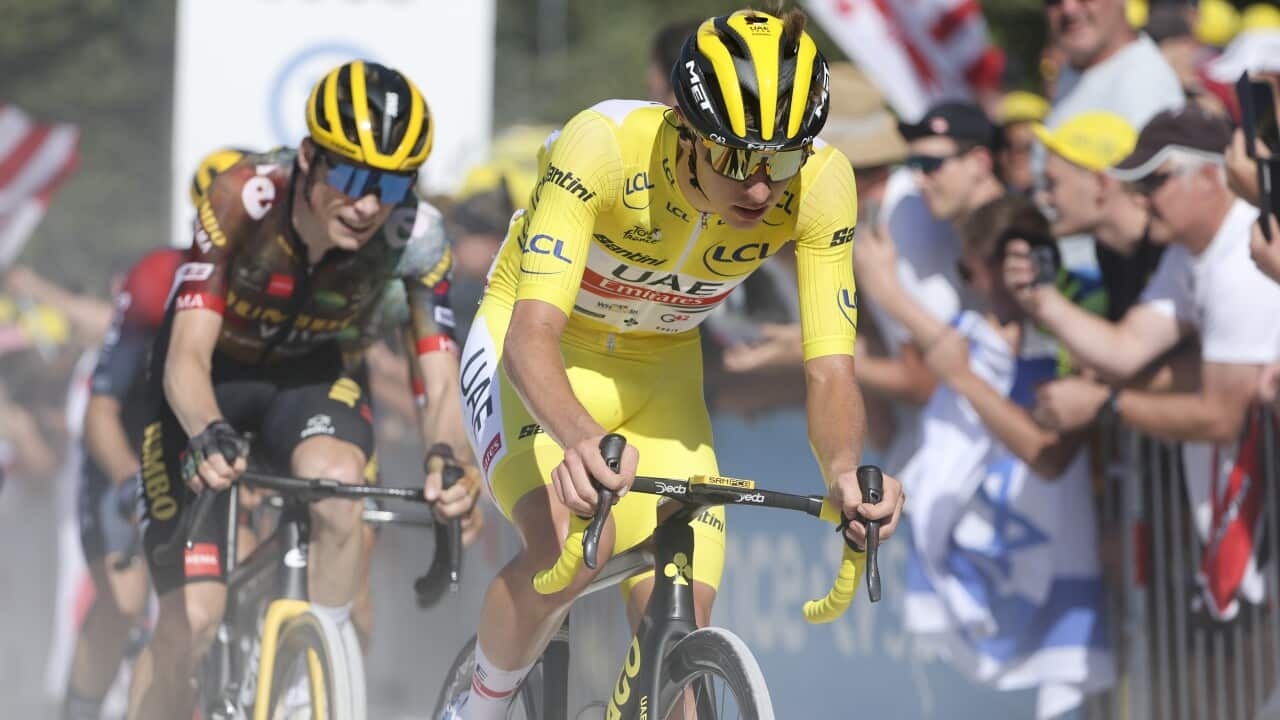Now that the first ten days are done and dusted, the human costs of an extremely fast race are apparent. The Tour is difficult enough when you can manage your efforts in line with the team’s and your own personal ambitions, but if you have any kind of incident then it can quickly become an ordeal.
In what I would describe as a ‘normal’ Tour de France you can expect to hit the ground at least once and then the factors of speed, location and how well you bounce will decide if there are consequences or not.
A bit of lost skin is usually not too bad , even when it’s the side you sleep usually on. If you are unfortunate to gain road rash on both sides then you’re in for some uncomfortable nights because then there’s only face down and on your back left. Neither are conducive to good recovery.
The biggest nightmare outside of breaking bones is muscle or ligament damage because they require proper rest which would mean in a lesser event that the rider would pull out. That’s not an option at the Tour and that’s why we see the injured, the sick and those with catastrophic form soldier on in front of la voiture balai. That translates as the broom wagon as it sweeps up the broken bodies.
Every rider has seen the dreaded van or bus at some point in their career however at the Tour de France it’s a truly awful experience to go through. When it’s a real podium contender like Ben O’Connor, the recovery from the physical injuries will be fairly quick as sports medicine uses every available means to aid the process and they can glean from the data when the rider is good enough to return to competition.
What the support staff can’t see is the mental cost that accompanies the failure. You might think it’s harsh to describe not finishing the race in that way but that’s how the rider will think as they have to watch the race go on without them.
Even when they are the victim of an incident over which they had no control, like being in someone else’s crash or a blowout mid-corner, when you get home and turn on the TV it’s only natural to wonder if only you had tried that little bit harder, suffered that little while longer and maybe you might have got through the moment.
Of course, we, as onlookers know it would have made no difference but for the individual who has pinned their hopes and dream on some sort of success, it’s dramatic.
The fear and stresses of failure is something we’ve witnessed for many riders and some deal with it and come back stronger whilst others have carried the effects for a much longer time. With no French overall winners for what is an age now, the home riders are under extreme pressure to do something, anything, to quell the expectations of their public.
Thibaut Pinot is the perfect example of how someone can be affected by stress or injury long after the event. The emotional and expressive nature that we appreciate of the Frenchman are the very characteristics that he needs to master when returning from his setbacks.
Even then despite all the mental guidance techniques, visualisation and coping mechanisms, he hasn’t regained his previous level with any consistency. It’s quite easy to forget that riders are human beings too and some of them are highly strung thoroughbreds and others, if I continue the equine analogy, war horses.
Each have their value and each have their faults but both can be victorious.
The Tour de France continues with a day in the high mountains as the race continues with Stage 10 that finishes atop the Col du Granon. Watch on the SBS SKODA Tour Tracker from 8.05pm AEST, with the SBS and SBS On Demand broadcast beginning from 9.30pm AEST.






